Ethiopia
Over 400 Oromo protesters were killed in November 2015, and thousands others were arrested by Ethiopian security forces during widespread protests against the government’s proposed expansion of the capital Addis Ababa expected to impact on Oromia farming communities.
#Ethiopia used lethal force against largely peaceful #OromoProtests. New
— Leslie Lefkow (LefkowHRW) June 16, 2016hrwreport https://t.co/wqDGAu8tC8 pic.twitter.com/Q0uPQ7zC2t
These figures and other forms of abuses, disputed by the Ethiopian government, were detailed by Human Rights Watch in a report they released on Wednesday calling on the Ethiopian government to support an independent investigation into the killings, arrests and abuses.
The Deputy Africa Director at Human rights Watch, Leslie Lefkow said that “the Ethiopian security forces fired on and killed hundreds of students, farmers, and other peaceful protesters with blatant disregard for human life.”
“The government should immediately free those wrongfully detained, support a credible, independent investigation, and hold security force members accountable for abuses,” she added.
The 61-page report includes interviews with more than 125 protesters, bystanders and victims of abuse who revealed serious violations of freedom of expression and assembly by security forces as well as “the use of excessive and unnecessary lethal force and mass arrests, mistreatment in detention, and restrictions on access to information to quash the protest movement.”
“I’ve never seen such a brutal crackdown,” said a witness to Ethiopia's #OromoProtests https://t.co/wqDGAu8tC8 pic.twitter.com/V8GqTh8vEg
— Leslie Lefkow (@LefkowHRW) June 16, 2016
The Ethiopian government strongly disputed the figures saying only 173 people died, including 28 policemen and officials as cited by a Commission on Human Rights, reports AFP.
“The Ethiopian Council of Human Rights is not a friend of the government and has registered only 103 names (of victims) … Human Rights Watch is very generous with numbers when it comes to Ethiopia,” the spokesman for the Ethiopian government, Getachew Reda, said referring to another figure by the independent Ethiopian Council of Human Rights.
“Overall, the security forces behaved in a very professional and responsible manner, but there are always a few bad apples,” he added.
Human Rights Watch observed that while the protests have largely subsided since April, the government crackdown has continued as many of those arrested remain in detention and hundreds have disappeared.
Ethiopian Prime Minister Hailemariam Desalegn apologized in March before parliament for “not listening to the concerns of the people”, but blamed the death and destruction on the violence of some protesters.
Leslie Lefkow called on international organisations including the UN Human Rights Council to address the abuses and call for the release of those detained.
“Countries promoting Ethiopia’s development should press for progress in all areas, notably the right to free speech, and justice for victims of abuse,” she said. .embed-container { position: relative; padding-bottom: 56.25%; height: 0; overflow: hidden; max-width: 100%; } .embed-container iframe, .embed-container object, .embed-container embed { position: absolute; top: 0; left: 0; width: 100%; height: 100%; }




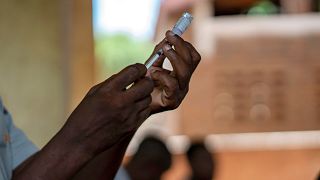
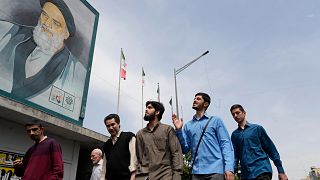
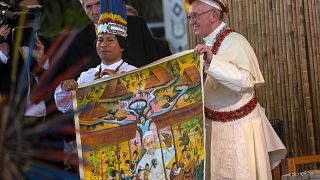
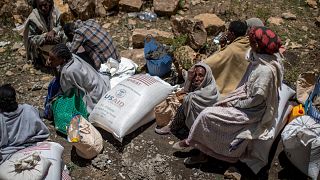
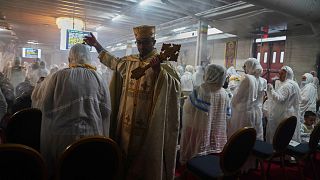
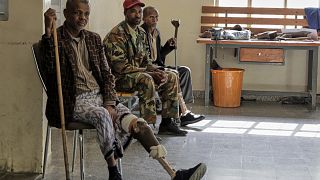


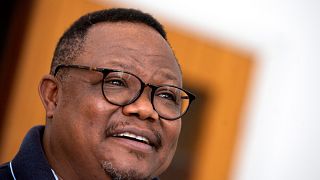
Go to video
Kenya set to surpass Ethiopia as East Africa’s largest economy in 2025 – IMF
Go to video
Ethiopians mark Easter with calls for peace and love amid ongoing conflict
Go to video
Lt. Gen. Tadesse Werede named the new interim president of the Tigray region
Go to video
Haitians demand protection from surging gang violence
Go to video
DRC: UN report highlights human rights violations linked to M23 group's offensive
Go to video
Zimbabwe charges dozens for taking part in protests against President